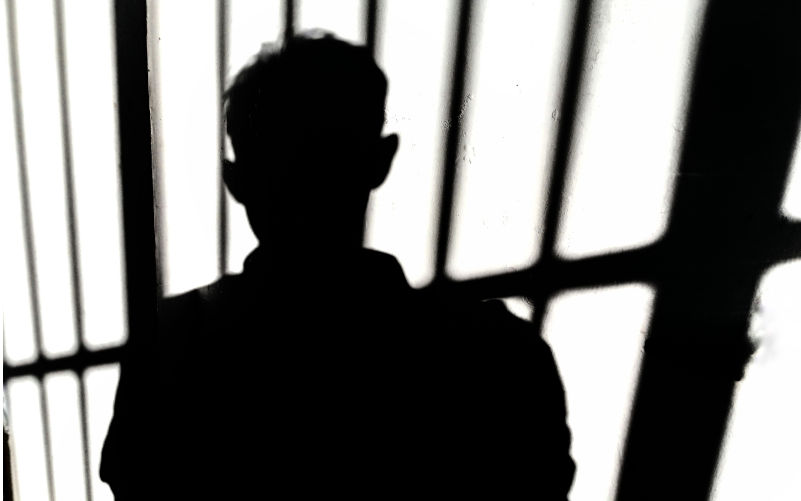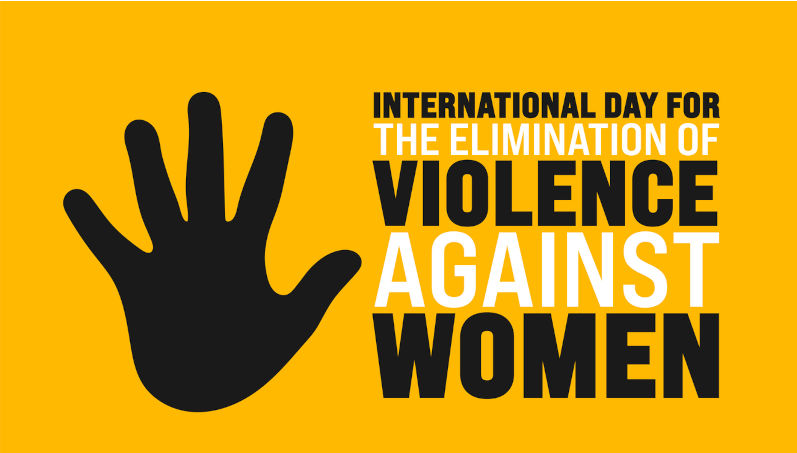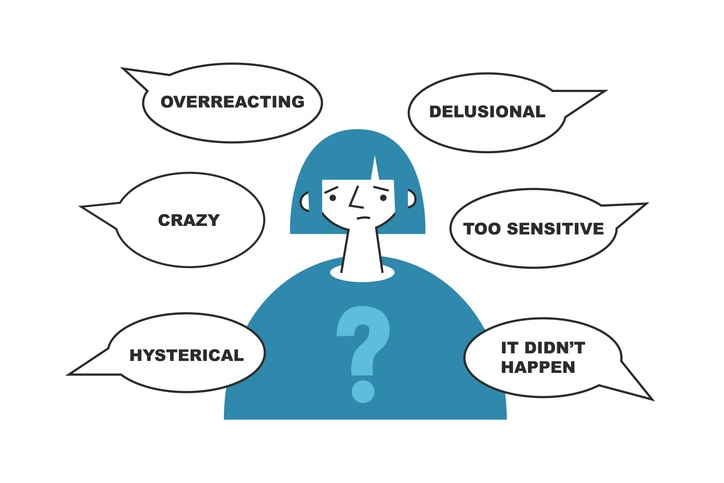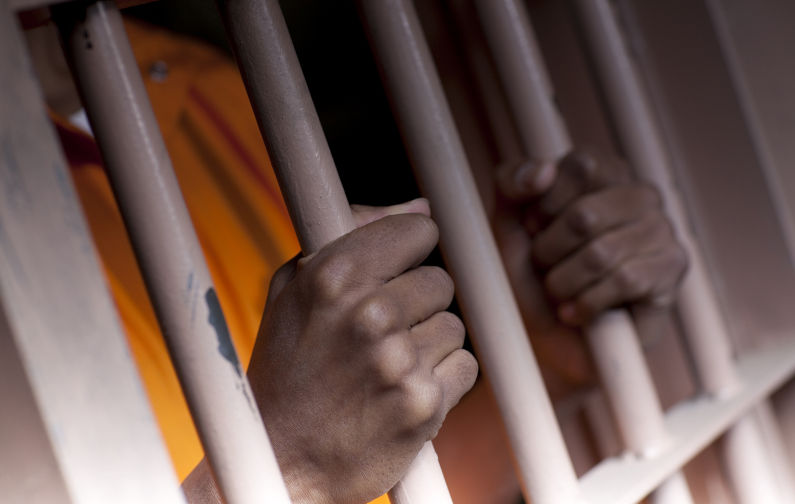Recent articles by Tabitha Lean

17 November 2025
Violence in prisons isn’t a surprise: It’s inevitable
In recent months, we’ve seen prisons across Australia buckle under the weight of the very system they were built to uphold.

4 December 2024
When media and the state collude
It was the International Day for the Elimination of Violence Against Women, a day meant to mark the start of a 16-day global campaign to end the scourge of gender-based violence against women. Yet, on this day of reflection and action, The Australian chose to publish a follow-up story to its sensationalised splash just two days earlier about criminalised woman, Jody Thomson.

19 November 2024
Fighting coercive control: Why we can’t police our way to safety
Last week the state of South Australia moved another step closer to criminalising coercive control, with the bill passing through the House of Assembly on its way to the Legislative Council.

30 October 2024
A dangerous move toward a modern-day Stolen Generation
By focusing on punitive programs instead of community-driven support over a ‘youth crime crisis’ that did not exist, the incoming Queensland LNP government appears to be blind to the systemic issues that drive children toward vulnerability. Their policies will reinforce a cycle of criminalisation that will haunt our communities for generations.

26 October 2024
Lidia, I’m angry, too
A lot has been written in the past few days about Senator Lidia Thorpe and her courageous act of speaking truth to power when she confronted coloniser, King Charles, in the colonial halls of Parliament. Yet amidst the commentary, one voice remains absent: the voice of the criminalised community. As a formerly incarcerated woman, I want to tell you what Lidia means to me, because as a leader, she embodies loyalty, bravery, and an unshakable commitment to pursuing justice for our community. In Lidia, I see a leader who has never wavered in her support for our struggles—a fearless advocate...

22 July 2024
When children’s wellbeing becomes a political football, it’s time to change the game
Governments and politicians should be investing in community initiatives and addressing the social determinants of crime, and health, instead of focusing on “tough on crime” policies, according to two members of the National Network of Incarcerated and Formerly Incarcerated Women and Girls, Tabitha Lean and Debbie Kilroy.

29 May 2024
The unheard voices: how society silences women
In our country and across the world, the voices of women often go unheard. Whether it is a gasping plea of ‘I can't breathe’ or a harrowing confession of ‘He raped me,’ the voices of women are frequently dismissed, disbelieved, or outright ignored. This tragic reality stems from a deeply ingrained societal bias that views women as manipulative, deceitful, and cunning. Through this gendered lens, society perpetuates a culture of scepticism and distrust toward women, effectively demonising them and invalidating their experiences.

13 May 2024
Australia's love affair with imprisonment
The latest statistics from the Australian Bureau of Statistics paint a grim picture of a nation becoming more and more entangled in the web of incarceration. During 2022-23, the total number of people behind bars surged by three percent, accompanied by a one percent rise in the imprisonment rate. These figures not only reflect a disturbing trend but also confirm that this country has a love affair with imprisonment.

15 January 2024
Drawing a line in the sand, and speaking up for abolition of the prison industrial complex
In all our lives we get to a point where we have to draw lines in the sand. Sometimes those lines are in the relationships we forge, and sometimes they are in the movements we occupy. Many criminalised people struggle with drawing those lines. For many of us, our boundaries and lines haven’t been respected in our past – boundaries have been violated by people in our family, by organisations, or by the state.